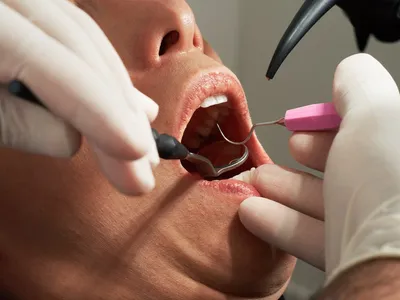Understanding Preventive Care
Preventive care refers to measures taken to prevent diseases rather than treating them once they occur. This includes regular health check-ups, immunizations, screenings, and patient counseling. By addressing health concerns early, preventive care helps reduce the risk of developing serious health issues.
Key Benefits of Preventive Care
1. Early Detection of Health Issues
Regular screenings can detect health problems early when they are more treatable. For example, mammograms can detect breast cancer at an early stage, significantly improving the chances of successful treatment. Similarly, colonoscopies can find precancerous polyps, preventing colorectal cancer.
2. Reduces Healthcare Costs
Preventive care is cost-effective in the long run. By identifying and managing potential health issues early, it reduces the need for expensive treatments and hospitalizations. For instance, managing high blood pressure through lifestyle changes and medication can prevent costly heart disease and stroke.
3. Enhances Quality of Life
Preventive care helps maintain a high quality of life by keeping chronic diseases at bay. Regular exercise, a balanced diet, and routine health check-ups can lead to a healthier, more active lifestyle. Vaccinations prevent diseases that could lead to long-term complications or disability.
4. Promotes Lifelong Health and Wellness
By instilling healthy habits and promoting regular medical check-ups, preventive care encourages a proactive approach to health. Children who grow up with regular medical visits are more likely to continue this practice into adulthood, resulting in lifelong health benefits.
Common Preventive Care Services
1. Immunizations
Vaccinations are a critical part of preventive care, protecting against infectious diseases like influenza, measles, and hepatitis. Keeping up with the recommended immunization schedule is essential for both children and adults.
2. Screenings and Tests
Routine screenings and tests are vital for early detection of diseases. These include blood pressure checks, cholesterol tests, diabetes screenings, and cancer screenings like mammograms and Pap smears.
3. Wellness Exams and Check-Ups
Annual wellness exams are comprehensive check-ups that assess overall health and identify any early signs of health issues. During these exams, healthcare providers may offer counseling on healthy lifestyle choices, mental health, and managing risk factors.
Conclusion
Preventive care is a cornerstone of modern healthcare, offering numerous benefits that extend beyond individual health to the community and healthcare system as a whole. By prioritizing preventive measures, you can improve your well-being, reduce healthcare costs, and enjoy a healthier, more fulfilling life.
Popular Health Education Articles
Discover our most-read health education articles, loved by our community for their insightful and helpful information.




